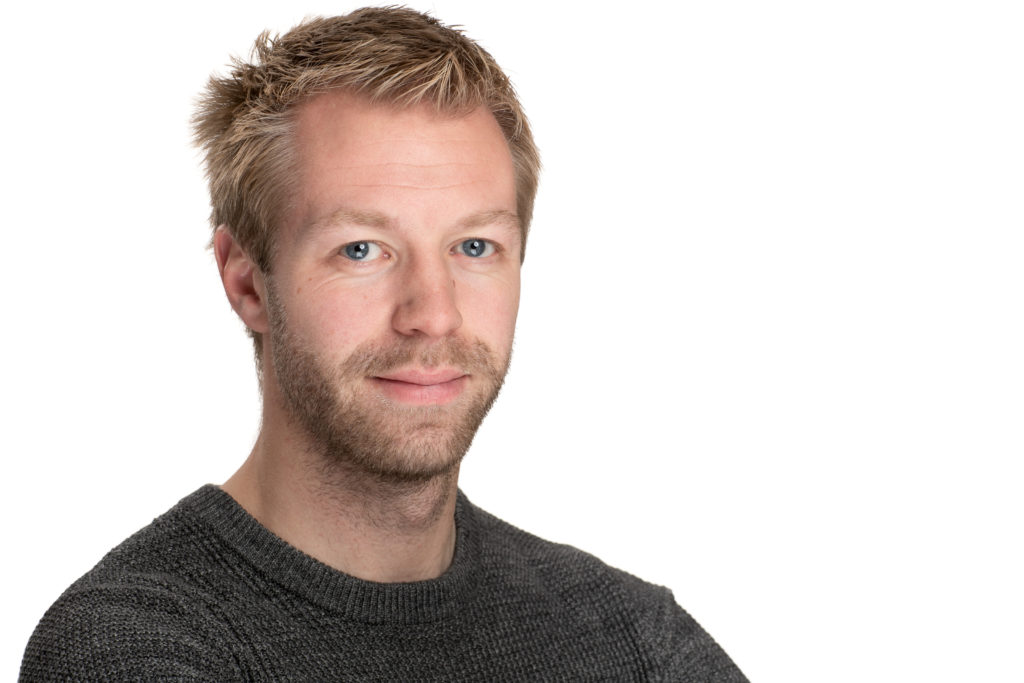Talk by Visiting Researcher Tjerand Silde: Electronic voting using lattice-based commitments and verifiable encryption
Oplysninger om arrangementet
Tidspunkt
Sted
Nygaard-295 (building 5335, room 295), Department of Computer Science, Åbogade 34, 8200 Aarhus N

Title: Electronic voting using lattice-based commitments and verifiable encryption
Abstract: We propose a protocol for remote electronic voting using lattice-based commitments and verifiable encryption. It is the first practical construction for electronic voting that supports complex ballots and is built from post-quantum assumptions. Our scheme is also the first to defend against compromise of the voter’s computer using return codes. The protocol is highly practical and in addition to being quantum-secure, it achieves its security properties under trust assumptions similar to or better than the trust assumptions underlying remote electronic voting protocols that have been deployed for large-scale political elections in Norway, Estonia and Switzerland.
The core of our protocol is a verifiable shuffle of known values inspired by Neff’s construction (ACM CCS 2001). Our shuffle uses the lattice- based commitments from Baum et al. (SCN 2018). These give us efficient zero-knowledge proofs for linear relations among commitments, which is exactly what is needed for the construction of Neff to work.
The verifiable shuffle of known content is used to prove that the ballots have been decrypted correctly. The voter commits to their ballot and then encrypts an opening of the commitment. To prevent malformed encryptions, we use the verifiable encryption scheme of Lyubashevsky and Neven (EUROCRYPT 2017). We reuse this trick of verifiable encryption of commitment openings to create a practical return code mechanism.
About the speaker: Tjerand Silde is a PhD student in cryptography at the Department of Mathematics at the Norwegian University of Science and Technology in Trondheim. From 17 to 22 November 2019 he is a visiting researcher in the Cryptography and Security Research Group at Department of Computer Science.
